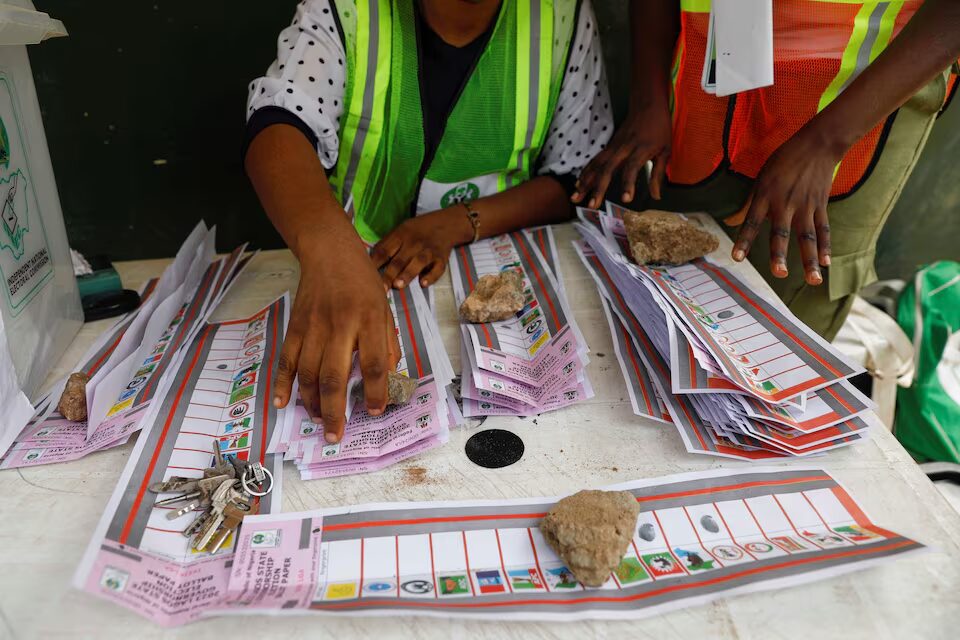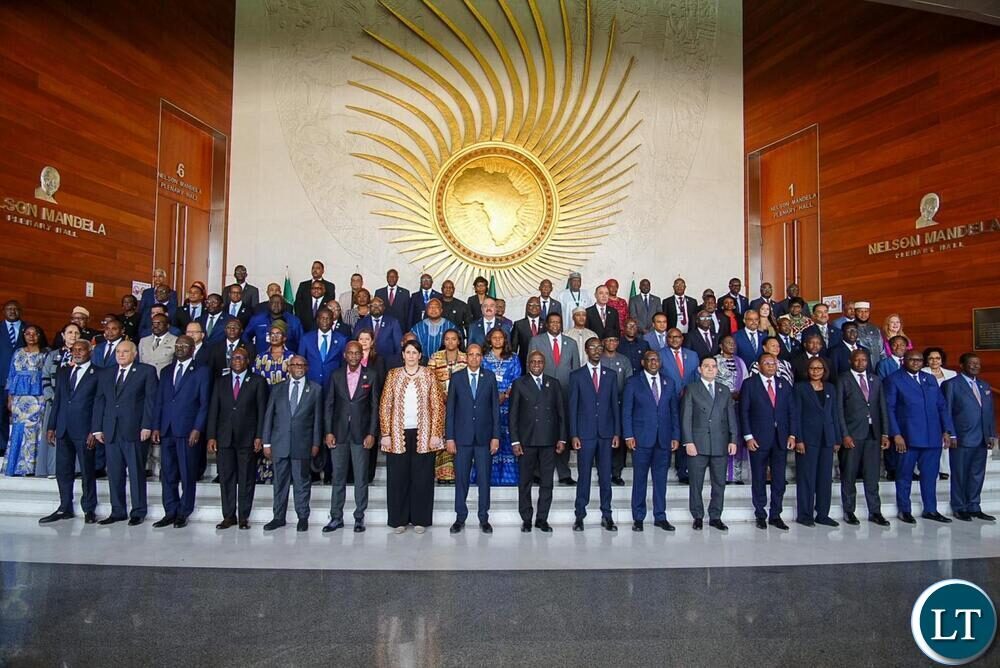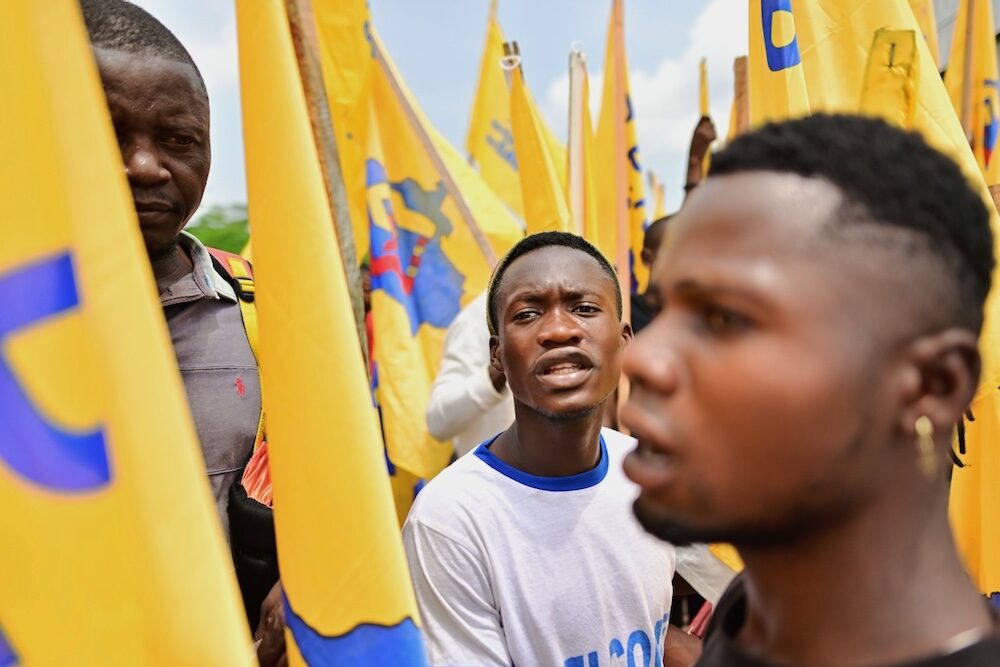
Wednesday 16th April 2025

By inAfrika Reporter
A mounting humanitarian crisis is unfolding in Burundi as tens of thousands of refugees flee conflict in eastern Democratic Republic of Congo, overwhelming the country’s border regions. Since the beginning of the year, violent clashes in South Kivu province have driven over 63,000 Congolese across the border marking Burundi’s largest refugee influx in decades.
The bulk of the refugees initially sought shelter in Rugombo, Cibitoke Province, where a local stadium has become a makeshift camp. By early April, approximately 45,000 people remained crammed into the facility and its surrounding open fields. Conditions are dire. Families are exposed to the elements with limited food, water, and shelter. Sanitation is severely inadequate—only around 10 latrines serve the tens of thousands packed into the site.
Humanitarian organizations have described the scene as bursting beyond capacity and warned of a rapidly deteriorating situation. In response, Burundi’s government, in collaboration with international agencies, has begun relocating refugees to a newly constructed camp at Musenyi in southern Burundi. But the effort is hampered by logistical difficulties. Moving a single group can take up to eight hours, and as of April 7, only 12,400 people had been transferred.
The Musenyi site, designed to host 10,000 individuals, is already nearing its limit at over 60% occupancy. Authorities have established four temporary reception centers and deployed military trucks to assist with relocation. Despite the strain on its fragile infrastructure, Burundi has pledged to keep its borders open, emphasizing a commitment to African solidarity. Officials have also appealed to the international community for urgent assistance to help meet rising needs.
Local Burundian communities, many of whom have personal histories of displacement from previous regional conflicts, have stepped in to offer what support they can sharing food, clothing, and other basic supplies. However, humanitarian workers warn that if the violence in DR Congo escalates further, refugee numbers could double or even triple in the coming months, pushing Burundi’s already limited capacity to a breaking point.
International agencies have launched emergency funding appeals, projecting that up to 258,000 refugees could be displaced across Burundi, Tanzania, and Zambia. Burundi’s ability to manage the crisis is being closely watched by donors and regional partners. Though long diplomatically isolated, the country now finds itself at the center of a major regional test of leadership and compassion.
The current response may play a crucial role in reshaping Burundi’s image globally. A humane and organized handling of the crisis could rebuild trust with international actors. On the other hand, failure to contain the situation could further destabilize the Great Lakes region, placing additional pressure on already volatile neighboring states and deepening the toll of a conflict with no clear end in sight.


